OUR NETWORK. A unique asset.
Our network is one of our greatest strengths. With a presence in more than 80 countries, we have the capacity to create solutions on a national and international scale. The high density of our networks is a major asset. Our street furniture can be equipped with connectivity solutions without the need for additional equipment or major construction. To develop an ecosytem supporting a better urban connectivity, JCDecaux created in 2015 a corporate business unit dedicated to connectivity, in charge to develop Small Cells and WiFi activities. JCDecaux Link has since deployed Small Cells in 10 countries (Brasil, Chile, France, Italy, Japan, Panama, Portugal, The Netherlands, United States) with major telecom operators such as Vodafone, Verizon, Orange, Telefónica or América Móvil.
Finally, with the depth of our market knowledge and the proven success of our business model, we can help our partners find financing for their initiatives through advertising, exchanges or sponsorship.




